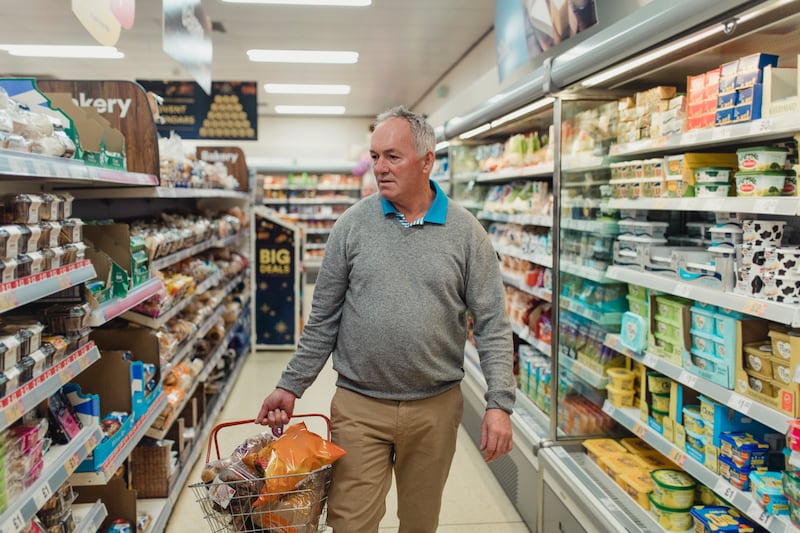SHOPPERS in Northern Ireland are spending millions of pounds on cheaper grocery alternatives such as retailer own label lines to cope with the spiralling cost-of-living, according to fresh data from retail analysts Kantar.
As food and drink prices soar, with average prices up 9 per cent compared to last year, consumers spent an average £175.34 more in the year to mid-March, Kantar says.
And as they look for ways to manage costs, sales of own-label products are up by £56.1 million compared to branded products, which rose by £44.5 million.
Value own-label offerings saw the strongest boost in sales, up 35.7 per cent, with shoppers spending an additional £6.7m.
Emer Healy, senior retail analyst at Kantar, said: “The Northern Irish grocery market saw sales grow by 4.2 per cent in the year to March 19, with shoppers spending an additional £149.9m year-on-year.
“Grocery inflation stood at 12.8 per cent in March, which means the average annual grocery bill is set to rise by £633 from £4,950 to £5,583 if consumers don’t make changes to their shopping habits."
Mother’s Day and St Patrick’s Day gave a modest boost (1 per cent) to alcohol sales (up £896,000 year-on-year), with cider enjoying a 44.8 per cent growth.
Ms Healy said shoppers are already stocking up on Easter essentials, with chocolate sales up 35 per cent year-on-year (£2.1m) and sales of large Easter eggs up 45 per cent ahead of 2022.
Tesco maintains its position as the north’s largest grocer with a 35.7 per cent market share, welcoming an influx of new shoppers in store alongside more frequent trips which contributed an additional £78.5m to its overall performance.
Sainsbury’s has a 16.9 per cent share and saw a boost of new shoppers which contributed an extra £31.2m to its tills while Asda holds 16.3 per cent of the market over the period, enjoying an additional £20.1m spend.
Lidl holds a 7.5 per cent market share in the north after seeing the strongest growth among all retailers - up 11.3 per cent year-on-year thanks to an influx of new shoppers alongside more frequent trips. which contributed £27.1m to its overall performance.







